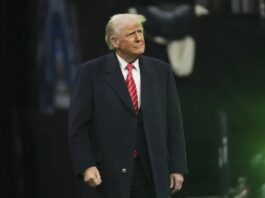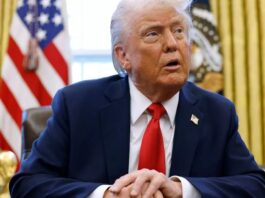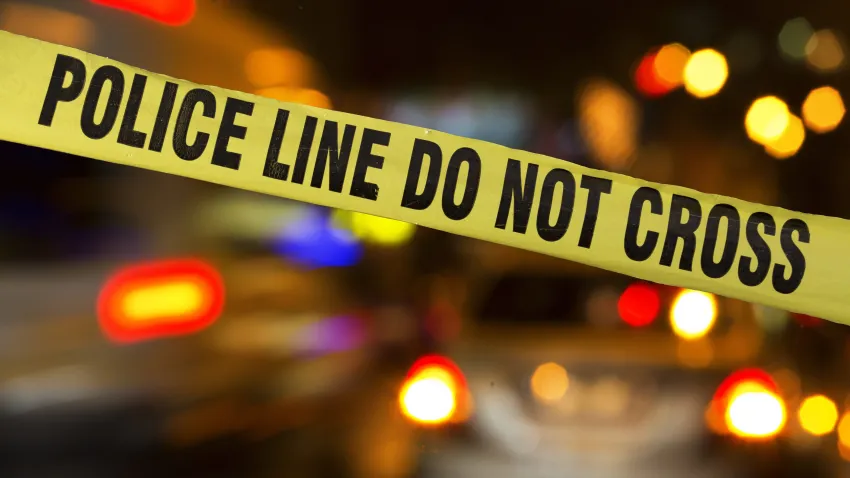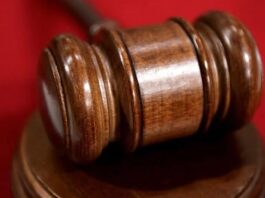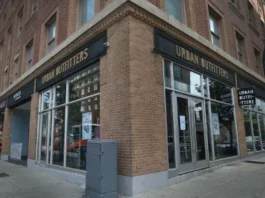The U.S. Supreme Court on Thursday turned down Donald Trump’s last-minute request to delay his sentencing hearing in the hush-money case unfolding in New York. The decision came with a tight 5-4 vote and was explained in just a few sentences.
The court’s statement, which was sent through Justice Sonia Sotomayor, explained their reasoning. First, it said Trump could address any issues with evidence during the appeals process. Second, the court pointed out that the sentencing itself wasn’t likely to interfere with Trump’s responsibilities as president-elect, especially since the trial judge had indicated the hearing would be brief and the sentence would likely involve no jail time.
Interestingly, Justices Clarence Thomas, Samuel Alito, Neil Gorsuch, and Brett Kavanaugh supported Trump’s request, but Chief Justice John Roberts and Justice Amy Coney Barrett sided with the Democratic-appointed justices to form the majority.
The case stems from Trump’s conviction on 34 felony charges over payments made to adult film star Stormy Daniels to keep an alleged affair under wraps. Trump’s legal team had argued that as the incoming president, he should be immune from legal proceedings, even during the transition period before taking office on January 20, 2025.
Trump’s lawyers submitted a detailed 51-page request claiming that Acting New York Supreme Court Justice Juan Merchan should have dismissed the case after Trump’s 2024 election victory. They introduced a bold theory, suggesting that the legal immunity granted to sitting presidents should extend to presidents-elect as well.
Trump’s lawyer, D. John Sauer, insisted that Trump’s presidential duties, even before officially taking office, should protect him from any legal troubles. However, Judge Merchan and New York’s higher courts had already rejected this argument earlier in the week.
The Manhattan District Attorney’s Office didn’t hold back in their response, arguing that Trump’s claims were not only unprecedented but also dangerous. They stated that no court has ever recognized “president-elect immunity” and that such a move would create an unnecessary loophole in the justice system.
The DA’s office explained that immunity is only meant for sitting presidents during their official term and that extending it to a president-elect—who isn’t even in office yet—would go against the Constitution. The prosecutors also pointed out that Trump’s case was about private actions, not official duties.
Trump’s team argued that simply filing an appeal should have paused all trial court proceedings, but the DA’s office disagreed, saying federal courts shouldn’t interfere with ongoing state trials at this stage.
Despite Trump losing this bid, the impact on him seems minor. Judge Merchan had already hinted that Trump’s sentence wouldn’t involve jail time. Instead, it would likely be a simple “unconditional discharge,” which doesn’t come with any restrictions. In fact, Trump has been allowed to attend the sentencing virtually due to the busy schedule that comes with preparing for his presidency.
This legal battle has drawn significant attention, not just because of Trump’s claims but also because of its potential implications for presidential immunity. For now, though, it looks like Trump’s sentencing will proceed as planned, even if it’s just a formality.


